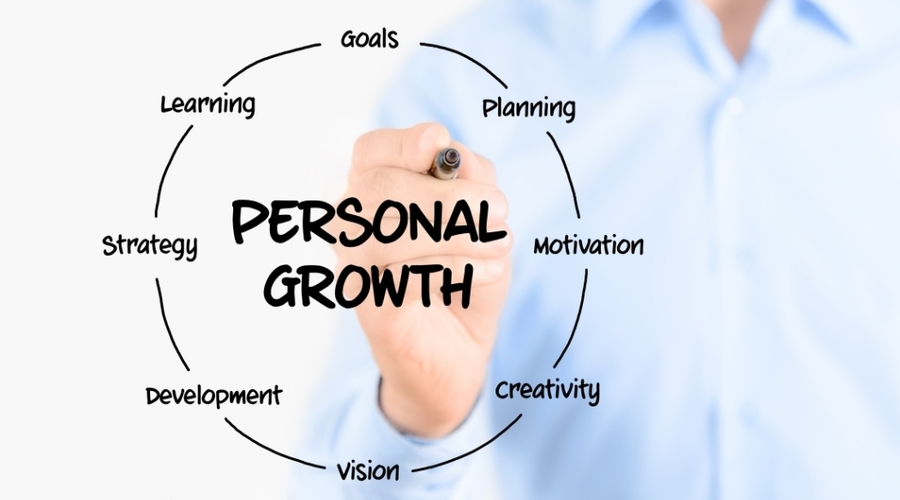Conflict is an inevitable part of personal and professional relationships. Effectively resolving conflicts can strengthen relationships, improve communication, and foster a more harmonious environment. Here’s a comprehensive guide to mastering conflict resolution.
1. Understand the Root Cause:
To resolve a conflict, you first need to understand its root cause. Take the time to listen to all parties involved and identify the underlying issues. This may involve asking open-ended questions and encouraging honest, open communication. Understanding the root cause helps in addressing the actual problem rather than just its symptoms.
2. Maintain Open Communication:
Effective communication is key to resolving conflicts. Ensure that all parties have the opportunity to express their views and feelings without interruption. Practice active listening by paying close attention, acknowledging their points, and avoiding judgment. Clear, respectful communication can prevent misunderstandings and build trust.
3. Stay Calm and Composed:
Emotions can run high during conflicts, but it's important to remain calm and composed. Take deep breaths, stay focused on the issue at hand, and avoid raising your voice. Staying calm helps you think clearly and respond rationally, which can prevent the conflict from escalating.
4. Seek Common Ground:
Identify areas of agreement and common interests. Focusing on shared goals and values can help shift the perspective from “me versus you” to “us versus the problem.” Finding common ground fosters collaboration and creates a foundation for a mutually acceptable solution.
5. Use “I” Statements:
When discussing the conflict, use “I” statements to express your feelings and needs without blaming or accusing others. For example, say “I feel frustrated when meetings start late because it affects my schedule” instead of “You always start meetings late.” This approach reduces defensiveness and promotes constructive dialogue.
6. Explore Solutions Together:
Encourage all parties to brainstorm possible solutions together. Be open to different perspectives and consider various options before deciding on the best course of action. Collaborative problem-solving empowers everyone involved and increases the likelihood of finding a solution that satisfies all parties.
7. Compromise and Negotiate:
Be willing to compromise and find a middle ground. Effective conflict resolution often involves give-and-take from all sides. Negotiation is about finding a balance where each party’s needs are met to some extent. Aim for a win-win outcome where everyone feels heard and respected.
8. Set Clear Agreements:
Once a solution is agreed upon, clearly outline the steps and responsibilities for each party. Setting clear agreements helps ensure that everyone understands their role in resolving the conflict and prevents future misunderstandings. Put the agreement in writing if necessary to solidify the commitment.
9. Follow Up:
After reaching a resolution, follow up to ensure that the agreed-upon solutions are being implemented and are effective. Check in with all parties to address any new issues or concerns that may arise. Continuous follow-up demonstrates your commitment to resolving the conflict and maintaining harmony.
10. Seek Mediation if Needed:
If the conflict cannot be resolved through direct communication, consider seeking the help of a neutral third party, such as a mediator. Mediators can provide an unbiased perspective and facilitate constructive discussions, helping parties reach a resolution.
By following these conflict resolution strategies, you can address disagreements effectively, strengthen your relationships, and create a more positive and collaborative environment. Mastering conflict resolution not only improves personal and professional interactions but also contributes to your overall emotional and social well-being









